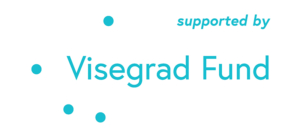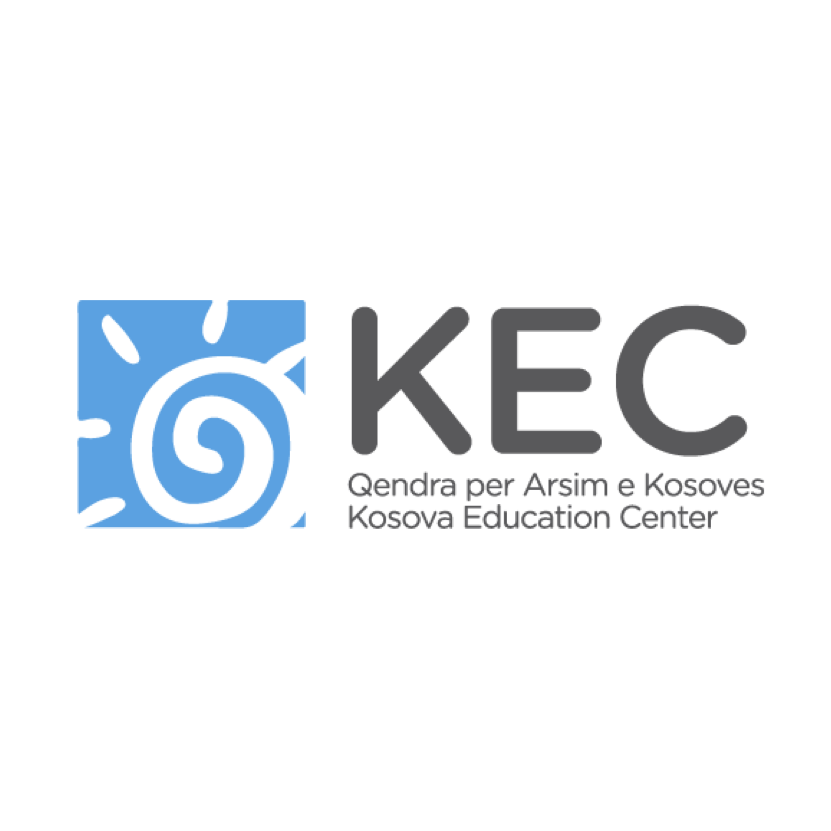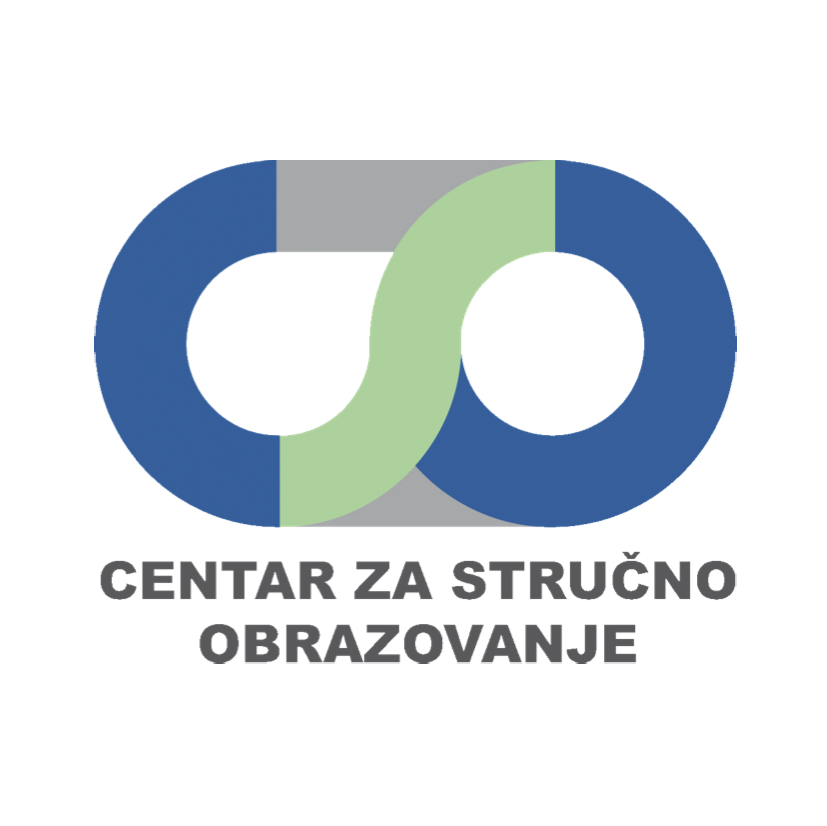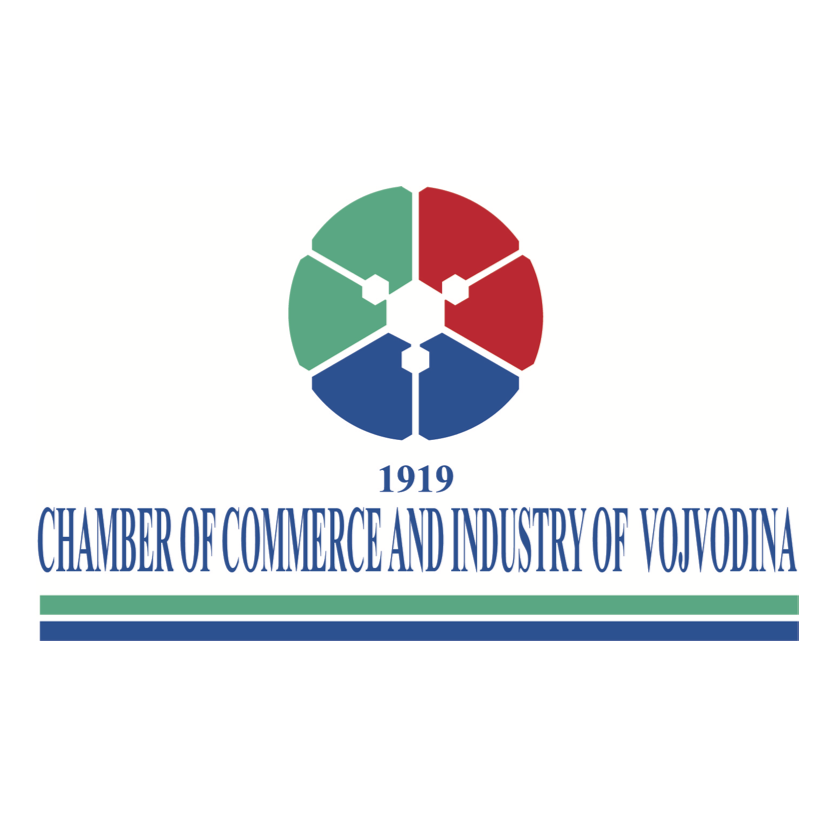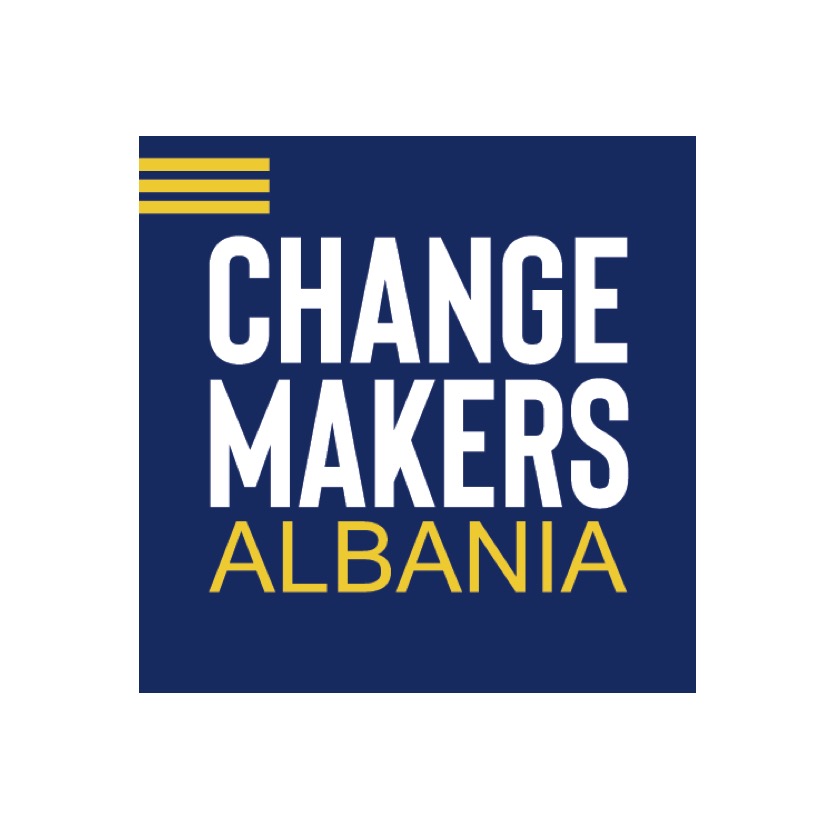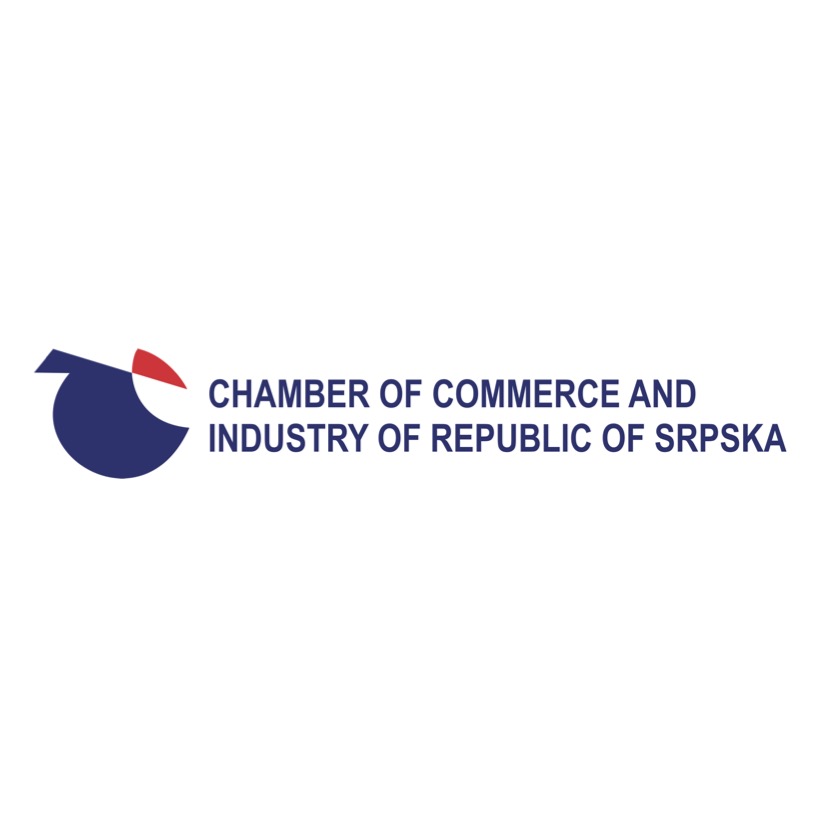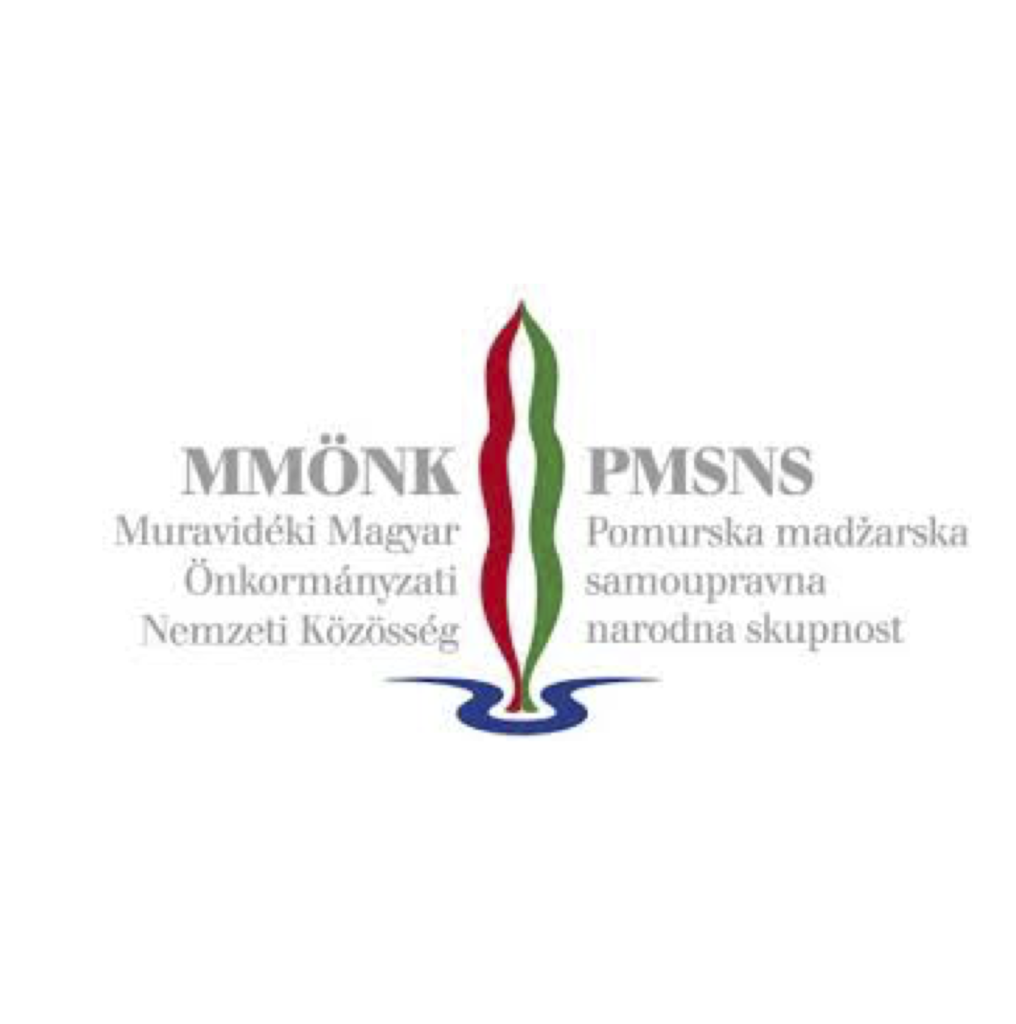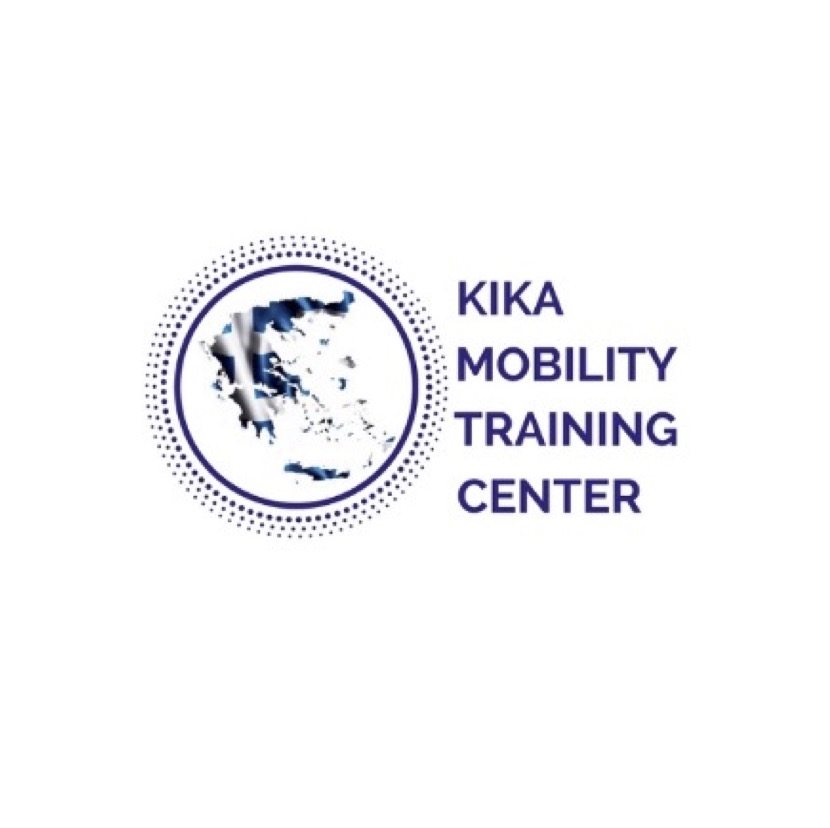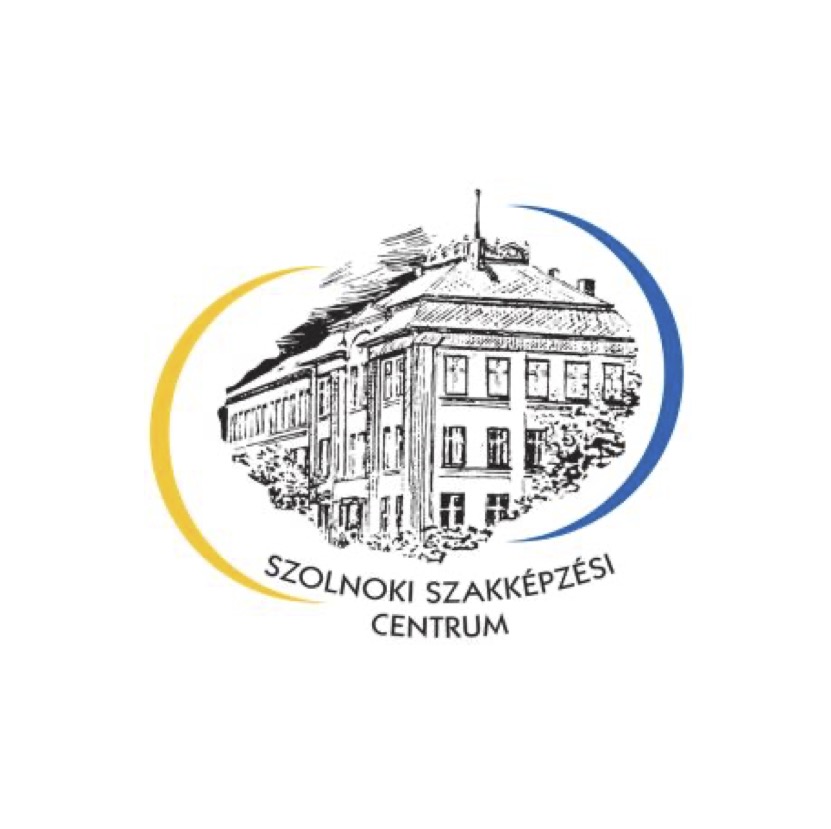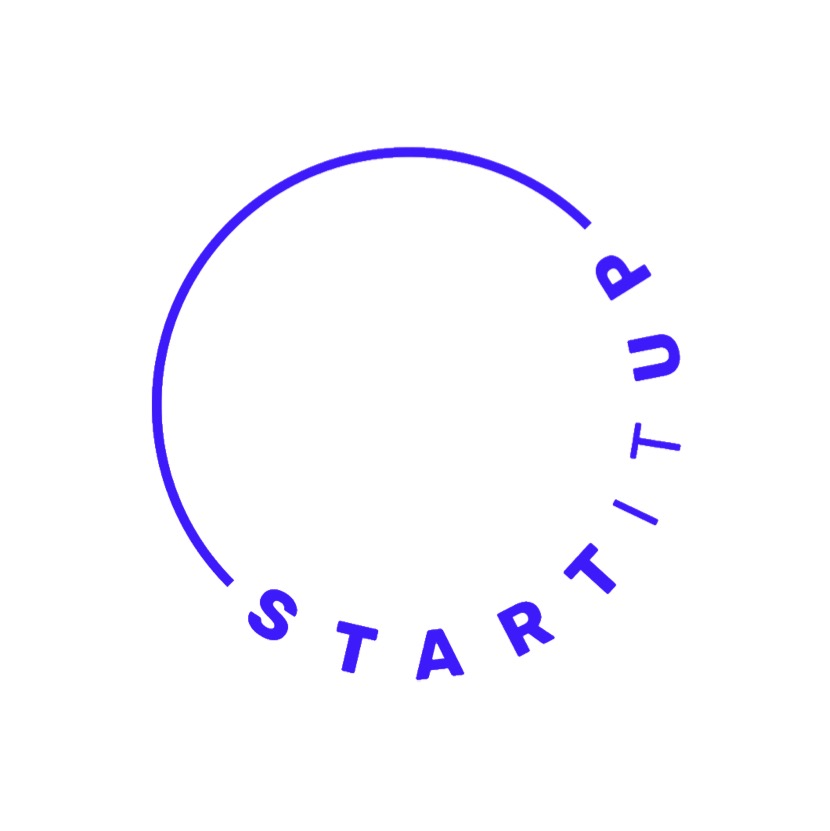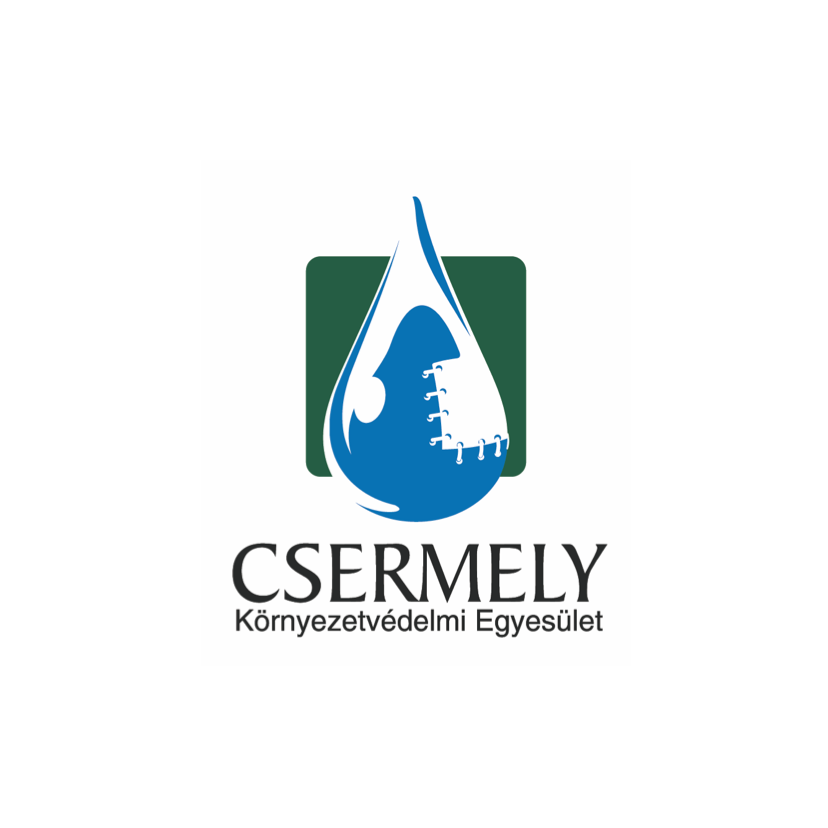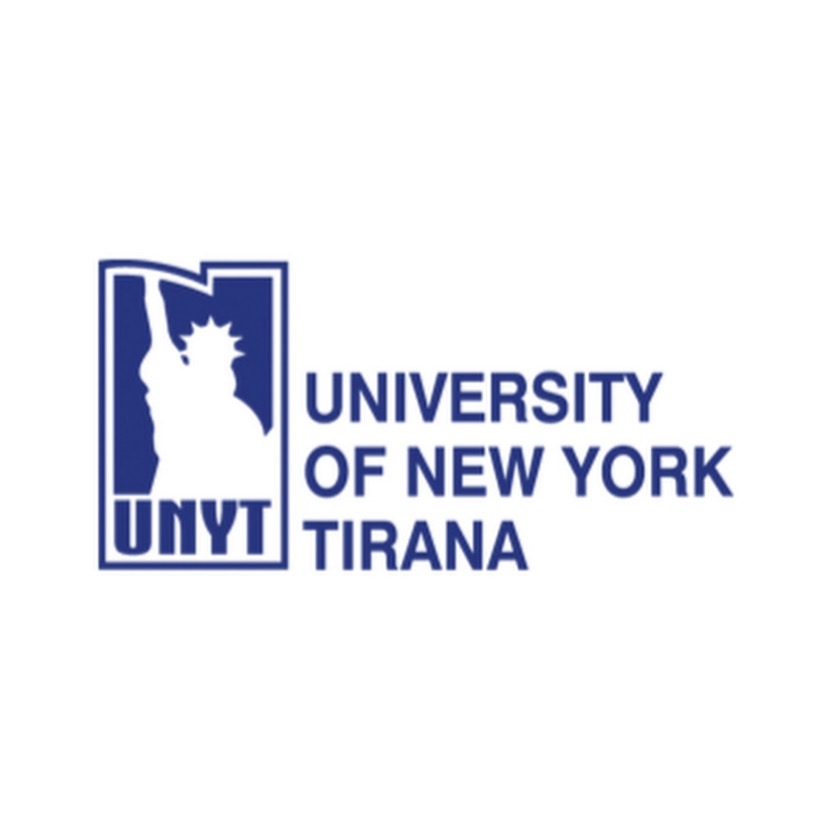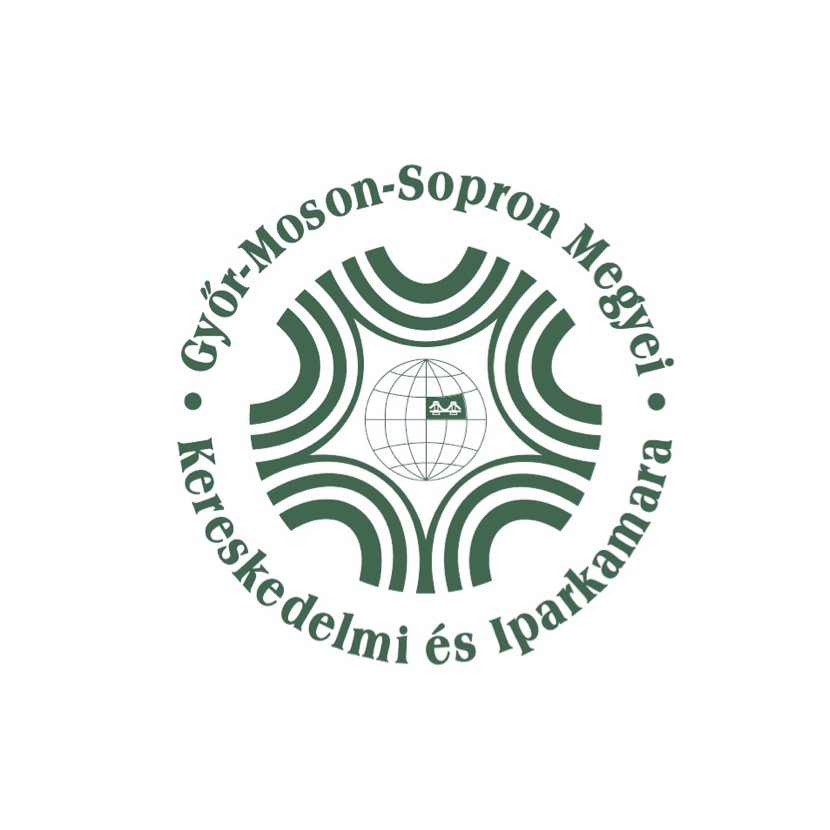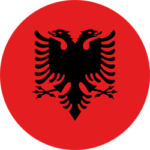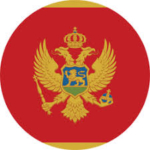With the support of the European Union
Background
The flag Erasmus+, the European Union’s programme for education, training, youth and sport, offers training, learning and mobility opportunities for Vocational Education and Training (VET) learners and staff, in Erasmus+ Programme Countries (27 EU Member States + 6). No Programme Countries, otherwise known as “Partner Countries” can take part mainly in higher education and youth activities, which are open to the whole world.
A move to internationalise the VET sector is taking place in the EU and a number of Partner Countries were asking for opening of the VET actions under Erasmus+ to international cooperation, to benefit from the good experience, which has been accumulated in the framework of Erasmus+ and its predecessor programmes.
The Economic Reform Programme for the Western Balkans recognises the importance of vocational educational and training (VET) in underpinning industry and propelling economic growth. VET graduates are also job creators. Labour market relevant skills acquisition must be adopted and recognised in all types of training, be it formal, informal or non-formal as most of the training is happening in the informal sector. VET must be a coherent system whose purpose is to meet the demand of socio-economic development in terms of quality-skilled human resources.
In coherence with the 2016 Torino Process Regional Report, the Western Balkans have VET’s responsiveness to the economy high on their reform agenda in a context of sluggish employment and high youth unemployment. Currently in the Western Balkans, the relevance of VET to employment is limited, training is costly and investments by governments challenging. The enrolment levels have increased, but the access of young women to VET remains challenging.
GOAL
The overarching goal of this pilot project is to strengthen the educational and VET system and introduce the four Western Balkan countries targeted by the program – Albania, Bosnia and Herzegovina, Kosovo* and Montenegro – to the opportunities of the vocational mobility programmes within the Erasmus+ framework.
The partnership is comprised of Central European and Western Balkan entities working in the field of business and education
and will give the chance for VET students, teachers as well as trainers and managers supporting mobilities to take part in a number of activities, listed below.
More specifically, the project is centred around three main areas:
1. Social perceptions and the image of the VET sector in WB countries – we wish to initiate a change in how societies of these states think about vocational schools and how they value vocational education.
2. The quality of vocational education – our goal is to assist VET institutions in WB countries in their efforts to provide better quality education and a more complete, valuable learning experience to their students; furthermore, we want to help the VET sector become more adept at preventing social exclusion.
3. The relevance of vocational education vis-a-vis labour market – we seek to help VET institutions in WB countries transition towards better convergence with the realities of their domestic labour markets. Additionally, our aim is to help the VET sector develop stronger ties with companies so that the business sector can support schools and public bodies, be it with its technical expertise or through devising mutually beneficial forms of cooperation.
The following activities will be implemented.
video.
PROJECT partners.
these awesome organisations are involved in this project
Participating countries
Albania
Bosnia and Herzegovina
Greece
Hungary
Kosovo
Montenegro
Hungary
Open calls.
calls will be available soon
Latest news.
* This designation is without prejudice to positions on status, and is in line with UNSCR 1244/1999 and the ICJ Opinion on the Kosovo declaration of independence.

